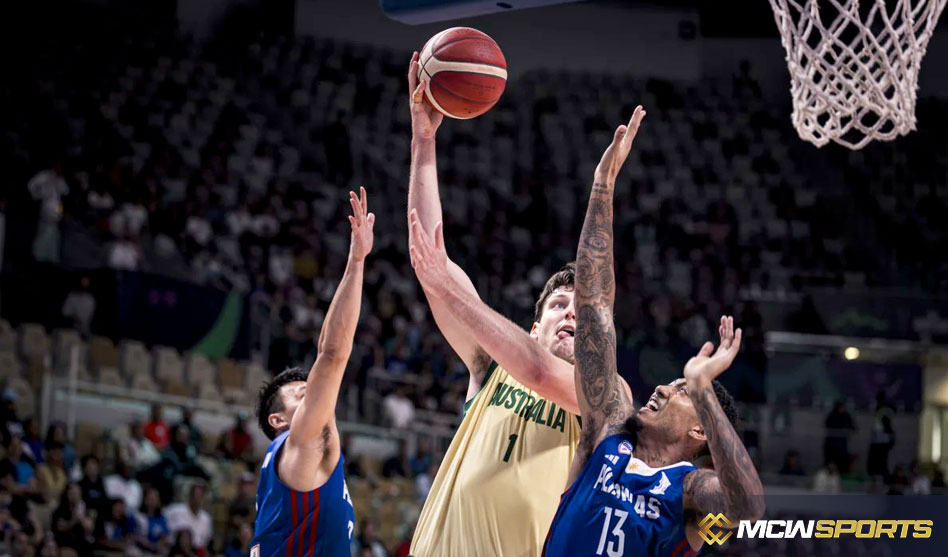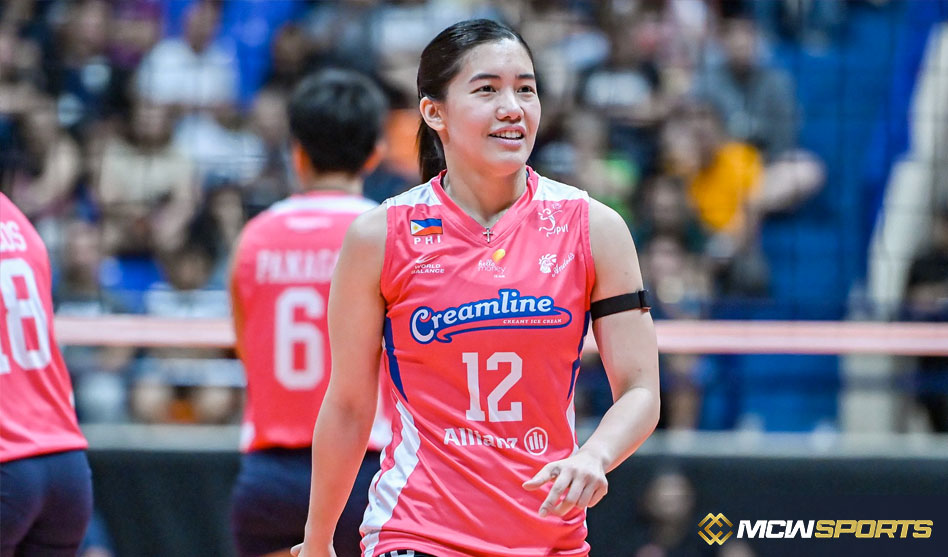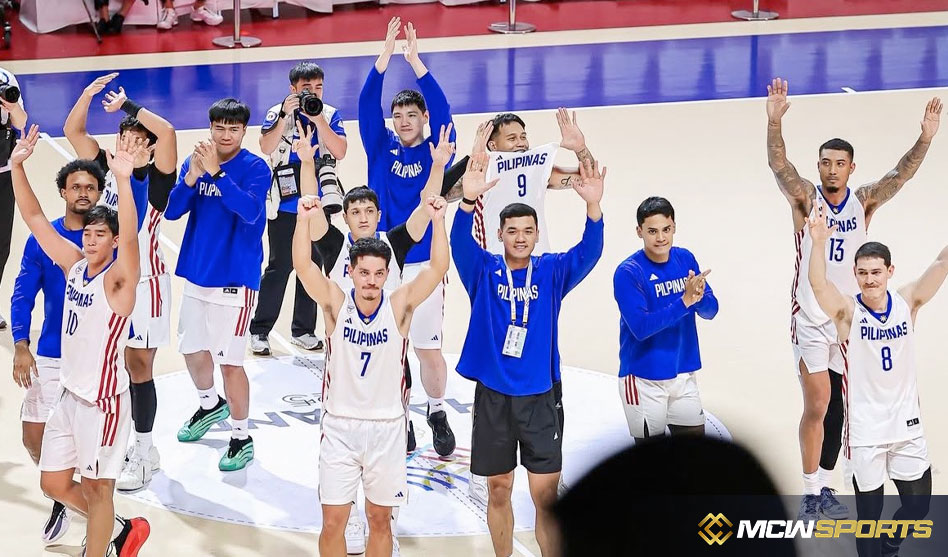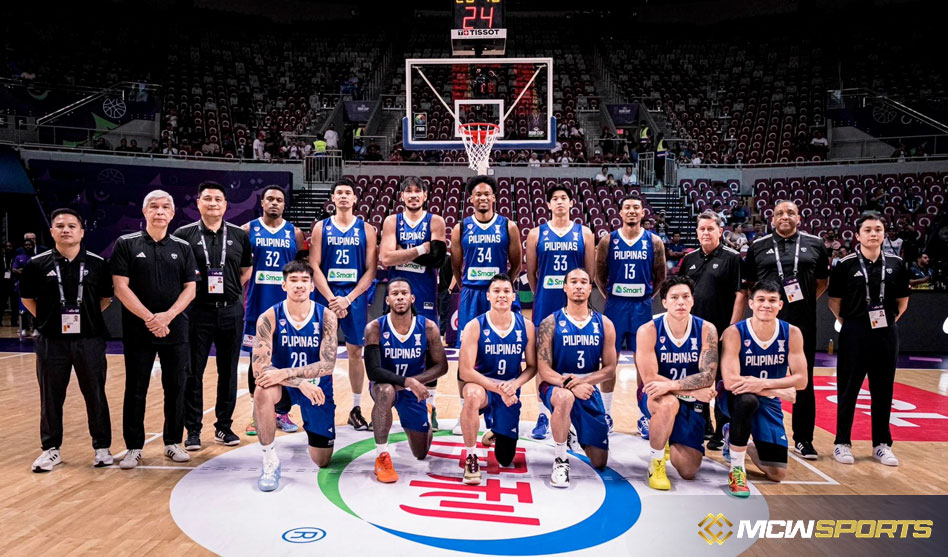MANILA, Philippines – The Gilas Pilipinas team’s run in the 2025 FIBA Asia Cup came to an abrupt end after they were defeated by Australia in the quarterfinals by a score of 84-60. Overall, the team’s performance was disappointing. The result not only disqualified the Philippines from the possibility of winning a medal, but it also shed a harsh light on the deficiencies that the team needs to fix in order to compete with the best individuals on the continent.
The tone of the game was immediately apparent from the very beginning. Australia was able to implement its game plan with remarkable effectiveness, beginning the match with a flurry of long-range scoring that resulted in a dominating lead for the team that was playing. In the first quarter alone, the Boomers made seven of eleven attempts from beyond the arc, resulting in a lead of 29-12, which instantly put the Philippine team in a position of disadvantage.
When it came to defense, Gilas had a difficult time dealing with the speed, spacing, and physicality that the Australians brought to the table. Their transition defense was not strong enough to withstand early pressure, which resulted in possibilities for fastbreak execution that were easily exploited by the opposition. As a result of Australia’s persistent possession of the rebound, they were able to inflict additional damage through second-chance scoring. Ground responsibilities were also a contentious issue.
The offensive performance of the Filipino squad was a struggle throughout the entire game. However, despite the fact that the naturalized star maintained his composure and was effective throughout the game, finishing with ten points on a limited number of shots, he was regularly rendered ineffective by early defensive breakdowns that were aimed to force him into passing. Due to the fact that the remaining members of the roster were unable to regularly capitalize on the four-on-three opportunities that were created, the squad was unable to generate any substantial momentum.
One of the few bright spots that appeared was Kevin Quiambao, who provided a performance that stood out despite the overwhelming majority of the team’s performance. He produced 17 points on extremely efficient shooting, demonstrating poise and efficacy. This provided a glimpse of promise and composure that contrasted strongly with the larger issues that were occurring.
Further evidence of the one-sided character of the competition was provided by Australia’s statistical report. A 57-36 rebounding advantage was secured by the Boomers, including a significant advantage on the offensive glass. The Boomers were able to control the boards with a dominating presence. As a result of their dominance in the paint, they scored 38 points to Gilas’s 20. Additionally, they converted second-chance opportunities at a ratio of around two to one. The demonstration of this strength highlighted both their physical supremacy and their unrelenting execution.
Any significant indications of a sustained return from the Philippines were not included in the effort taken by the Philippines. The firepower that had propelled them to prior victories, particularly the triumph in overtime that confirmed their spot in the quarterfinals, was rendered ineffective as a result of the pressure exerted by Australia. Due to defensive rotations and strict coverage, they were forced to make challenged field goal attempts at every turn, which resulted in their field goal percentage remaining at a dismal 38.9 percent.
Now that the elimination has been confirmed, the Philippine squad does not have any more games left to play. For those who have been eliminated at this point in the competition, the tournament’s system does not provide any classification matches; hence, their campaign is considered to have come to an end.
The defeat served as both a harsh verdict and a beneficial lesson when everything was taken into consideration. Inconsistent urgency on defense, particularly in transitioning and closing out shooters, combined with a reliance on a single scorer, proved to be expensive when competing against top-tier opponents. Nevertheless, the rise of youthful contributors such as Quiambao and Dwight Ramos provides a way forward—one that strikes a balance between the presence of veterans and the emergence of newly talented individuals.
As Gilas departs from Saudi Arabia, the voyage may have come to an end here, but the path that lies ahead is still unmistakable: strengthening the core, expanding the bench, and constructing a unit that is capable of standing firm against the greatest in Asia.

 English
English










